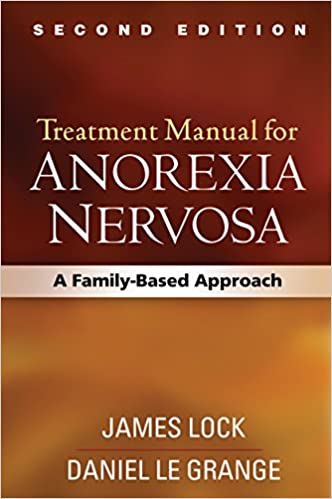Parenting Tips for Anorexia
In winter of 2017, a debilitating disease,
anorexia , shattered my daughter's life. The battle against this disease is intense and requires all of the mental, emotional, physical and social resources that a family can muster. Though my daughter's disease had probably been in her mind and body for several months before her diagnosis, once the disease took over her body, it had been relentless in its pursuit to require her life, literally.
First, every child/person/patient is different and you would like to be attuned to what your child needs personally. On the opposite hand, this disease is remarkably similar altogether patients which is because it's a disease with a disease pattern and a selected etiology. Therefore, the primary step is to acknowledge that this is often a true illness, as serious as cancer. Solicit professional help from a doctor who focuses on eating disorders as soon as possible. Early intervention are often the difference between a one-year recovery or two- to three-year recovery period.
Second, realize that this illness developed over a extended period than you realize so recovery will take even as long. You and your family are certain the long haul; this process will presumably consume all of the collective time and energy of your immediate family for a minimum of several months to a year or two or longer. Your main job for the primary several months is just to support your child is becoming re-fed. you'll not have the time or the energy to try to to anything . Like feeding a newborn, this will be a round-the-clock job.
Third, recognize that the battle against this disease is intense and requires all of the family's mental, emotional, physical and social resources. the simplest defense is to recruit the assistance of a doctor, a counselor and a nutritionist. Your child will likely need a toddler psychiatrist also , since there are some medications that are useful to treat co-occurring disorders like obsessive-compulsive disorder and anxiety. At one point in my daughter's recovery, we were taking her to four different appointments per week just to stay up with the extreme needs of fighting this illness.
Fourth, if one intervention doesn't work after a couple of months, try something else. within the yearlong process of my daughter's recovery, she went first to a partial hospitalization program (for 3 months). After 6-weeks reception , she relapsed and visited an inpatient program (for 1 month). instead of return to a partial hospitalization program (which is that the recommended step-down from inpatient), we elect to implement an intensive, modified Maudsley approach reception . I took a partial family medical leave for about 9 months during this point . once we employed the Maudsley approach reception , either my husband or I ate every meal together with her .
Fifth, if there are two parents or caregivers within the family, always present a Northern Alliance . Your day-to-day tactics together with your daughter or son must be unified. The anorexic mind will search for any opportunity it can to seek out any ambiguity in your system. Together, you want to both be diligent in encouraging your child to eat and rest. Be supportive to your child and to every other.
Sixth, be willing to offer up old family habits, even good ones. Our family prided ourselves on our daily family dinners round the table , where we shared our day. With our daughter's anorexic mind, that custom became impossible. As long as she was scared of eating, we had to seek out ways to distract her. Humorous TV shows worked. At just one occasion in our lives, we derided the notion of eating family dinner ahead of the TV and now each meal required us to observe about three episodes of humorous TV shows including Seinfeld and therefore the Office. Nevertheless, that new custom helped our daughter to smile and eventually she relaxed enough to eat her meals.
Finally, if you discover a food or food group that he or she is going to eat; allow them to eat it the maximum amount as they need , albeit it doesn't comprise a balanced meal. At one point, our daughter lived on spread and bananas. In our house, we probably went through several jars per week, but clearly her body and brain needed that sort of nutrition and she or he was willing to eat it.
Suggested Articles About Anorexia Nervosa :







